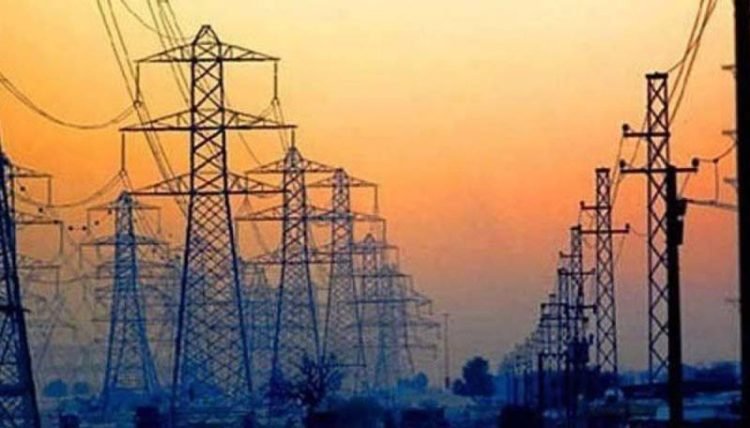Pakistan’s energy crisis continues to worsen due to the growing circular debt in the power sector. Circular debt, which refers to the unpaid obligations within the power supply chain, has crossed the $15 billion mark in 2023. This has led to frequent power outages across the country, crippling industries and affecting daily life.
The government has taken various steps to address this crisis, including tariff hikes and improving the efficiency of power distribution companies. However, these measures have not been enough to tackle the root causes of circular debt. The reliance on imported fuel, theft, and mismanagement within the power sector have exacerbated the issue.
In addition to internal mismanagement, global factors such as rising fuel prices and supply chain disruptions have further strained Pakistan’s energy sector. The ongoing energy crisis has a severe impact on Pakistan’s manufacturing industry, which is crucial for export revenue and economic stability.
Experts believe that without significant reforms, including a shift toward renewable energy sources and better governance, Pakistan’s power sector will continue to pose challenges to its economy. The government is currently exploring options to attract foreign investments in the energy sector, especially in solar and wind projects, to reduce dependence on imported fuel.
























